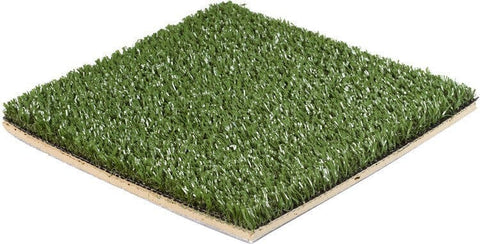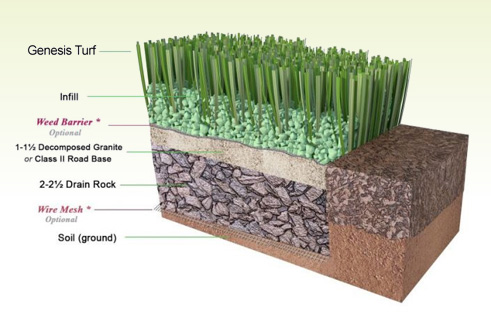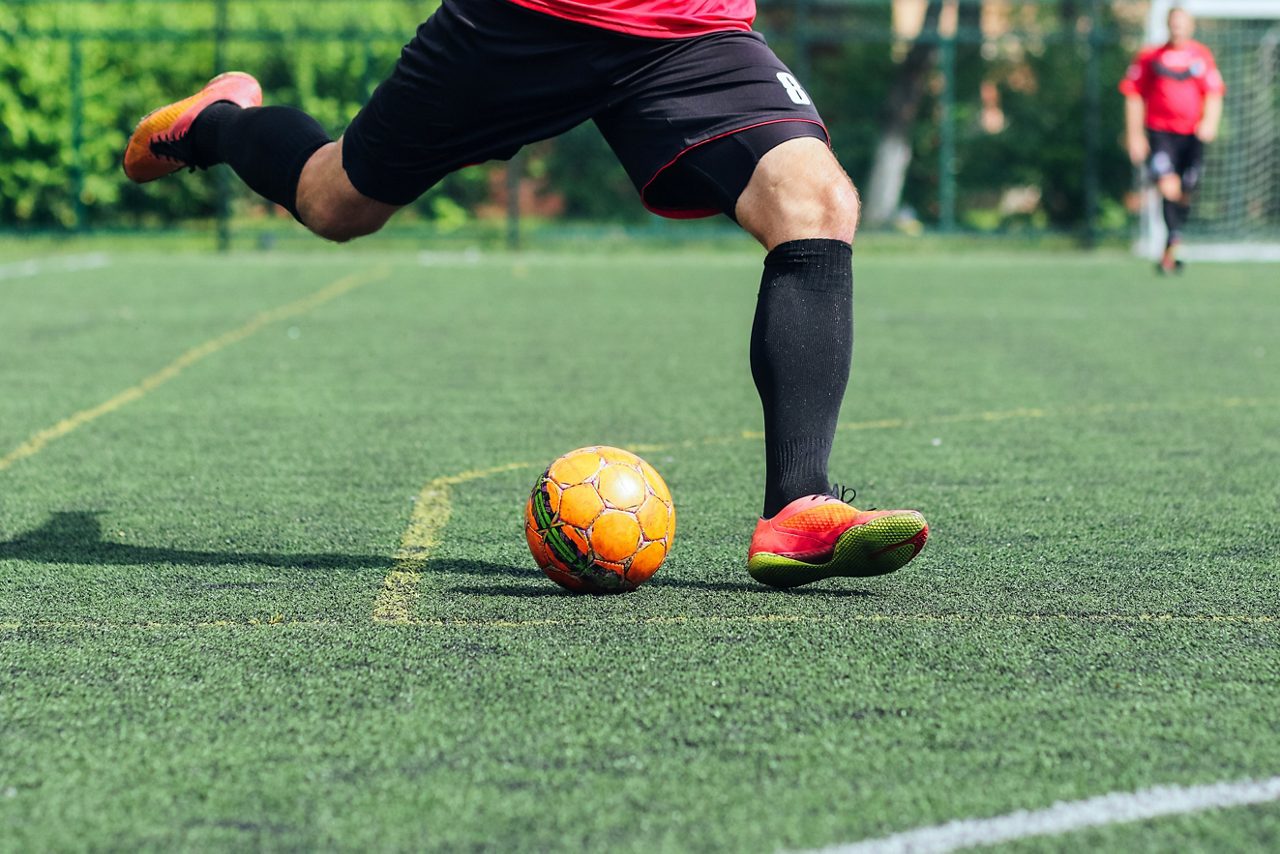Best Phoenix Turf Companies Providing Superior Synthetic Grass Options
Look Into the Environmental Advantages of Opting for Synthetic Grass Solutions
The fostering of synthetic grass services offers a compelling possibility to attend to pressing environmental obstacles. By dramatically decreasing water usage and decreasing the application of unsafe chemicals, these choices not only promote lasting landscaping however likewise safeguard local ecological communities. Additionally, the lower carbon impact linked with lowered maintenance activities contributes to a more lasting strategy to land monitoring. Nevertheless, the ramifications of these benefits expand beyond plain conservation initiatives, raising questions concerning their long-lasting effect on habitat conservation and overall eco-friendly balance. Exploring these measurements discloses a complex interaction worth thinking about.
Water Preservation Conveniences
One of the most considerable advantages of synthetic grass is its capacity to preserve water. Typical grass lawns require substantial irrigation, especially in areas vulnerable to dry spell or water constraints. On the other hand, fabricated lawn does not require watering, dramatically lowering the total demand for water resources. This feature is specifically useful in arid regions where water scarcity is a pressing concern.
By getting rid of the need for routine watering, artificial grass adds to sustainable landscape techniques and helps alleviate the environmental influence of excessive water consumption. In addition, the preservation of water reaches the decrease of runoff, which can result in dirt disintegration and river pollution.
In addition, the setup of synthetic grass allows communities and home owners to assign water sources a lot more successfully, focusing on essential usages such as drinking water and agriculture. The shift in the direction of synthetic grass not just advertises accountable water usage however likewise aligns with wider environmental objectives focused on protecting natural deposits.
As communities increasingly focus on sustainability, the water preservation benefits of synthetic grass present an engaging instance for its adoption in domestic and commercial landscaping projects.
Decreased Chemical Use
The shift to synthetic grass substantially lowers the dependence on chemical therapies typically utilized in natural lawn upkeep. Typical turf monitoring typically entails the application of plant foods, herbicides, and pesticides to advertise growth and control pests. These chemicals can posture dangers to human health, neighborhood wildlife, and the setting, adding to dirt and water contamination.
On the other hand, synthetic lawn gets rid of the need for these harmful compounds. Once mounted, it requires marginal upkeep, mainly consisting of normal cleansing and occasional infill replenishment. This reduction in chemical use not only benefits the immediate environment but likewise adds to wider eco-friendly security. By decreasing the release of synthetic substances right into the ecological community, synthetic grass advertises healthier soil and water systems.
Moreover, the absence of chemical runoff connected with synthetic grass installations helps protect regional waterways from contamination, sustaining water life and preserving biodiversity. Phoenix turf companies. As areas significantly focus on lasting methods, going with synthetic grass provides a practical service that aligns with ecological preservation objectives. With this shift, property proprietors can appreciate lavish environment-friendly areas without jeopardizing ecological health, leading the way for a much more lasting future
Reduced Carbon Footprint

In addition, the setup of fabricated grass can result in considerable water conservation. Natural yards need considerable quantities of water for irrigation, which not just includes in the carbon impact connected with water removal and therapy yet additionally pressures neighborhood water resources. In contrast, synthetic grass needs minimal maintenance, requiring no watering, consequently considerably decreasing water usage and its linked power costs.
Furthermore, the long life of synthetic lawn adds to its decreased carbon impact. With a life-span of approximately 15 years or even more, the need for frequent substitutes is decreased, leading to much less waste and reduced power consumption about his in production and dealing with conventional turf choices. Overall, synthetic grass offers a sustainable choice for ecologically conscious landscaping.
Habitat Preservation
Environment preservation is a vital consideration in the discussion over landscape design choices, particularly when contrasting synthetic grass to natural turf. Natural lawn lawns frequently call for comprehensive upkeep, including the usage of chemicals, plant foods, and herbicides, which can adversely influence regional ecosystems. These chemicals can leach right into the soil and waterways, damaging indigenous plants and fauna and disrupting regional environments.
On the other hand, artificial lawn provides a possibility to lower the ecological footprint of landscaping. By selecting artificial turf, homeowners can decrease the interruption of natural habitats connected with traditional yard treatment methods. Artificial lawn gets rid of the need for dangerous chemicals, thus shielding neighboring wild animals and keeping the honesty of bordering environments. The installation of fabricated grass can lead to the conversion of previous grass locations into even more biodiverse landscapes, such as pollinator yards or indigenous plant locations, which can support regional wild animals.
Ultimately, the transition to synthetic grass not only saves water and decreases maintenance initiatives however likewise promotes a much more unified connection in between human tasks and the natural environment, advertising environment conservation at the same time.
Long-Term Sustainability
Long-term sustainability is an important consider assessing the benefits of synthetic grass over typical yard lawns. One of one of the most considerable advantages of synthetic grass is its resilience; it can last approximately 15-20 years with very little maintenance, whereas all-natural visit this site right here turf calls for regular reseeding and replacement. This long life decreases the need for consistent resources, such as water, plant foods, and pesticides, which are crucial for maintaining a healthy turf lawn.
Furthermore, synthetic lawn contributes to a decrease in carbon exhausts connected with grass care devices. Traditional yards often need gas-powered lawn mowers, trimmers, and blowers, every one of which add to air pollution. Arizona turf. In contrast, synthetic grass gets rid of the need for such devices, advertising a cleaner setting
Furthermore, the manufacturing of synthetic grass progressively makes use of recycled materials, enhancing its sustainability profile. As suppliers adopt eco-friendly methods, the ecological impact of synthetic grass remains to lessen.

Verdict
The fostering of synthetic grass services presents considerable environmental advantages, including considerable water conservation, lowered dependence on hazardous chemicals, and a lower carbon footprint. Fabricated grass aids in preserving all-natural environments by lessening land disturbance and promoting lasting sustainability here are the findings with the use of durable materials. Jointly, these aspects highlight the potential of synthetic grass to add favorably to environmental health and wellness and provide a feasible option to typical landscaping practices in an increasingly resource-conscious world.
In contrast, fabricated lawn does not require watering, considerably minimizing the general demand for water sources. By minimizing the launch of artificial compounds right into the environment, man-made grass advertises healthier dirt and water systems.
In addition, the installment of man-made turf can result in considerable water preservation. In comparison, fabricated lawn needs very little maintenance, requiring no watering, therefore considerably reducing water use and its associated power costs.
